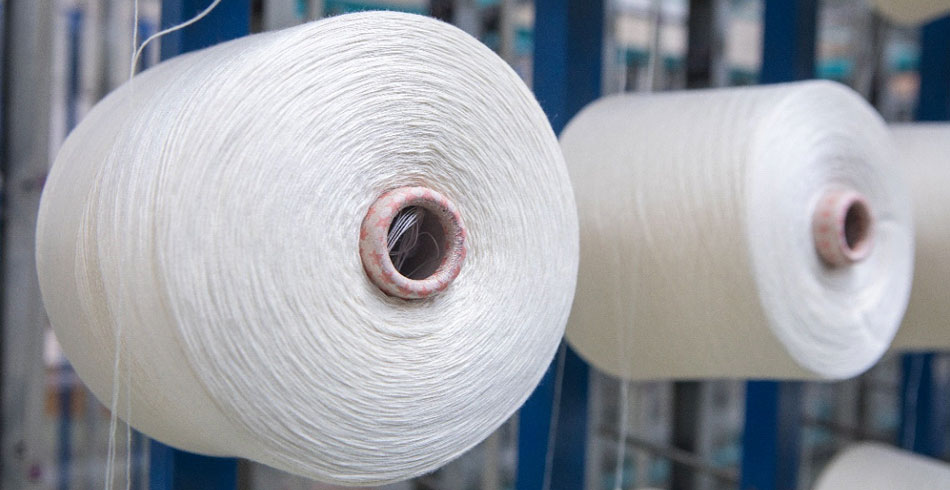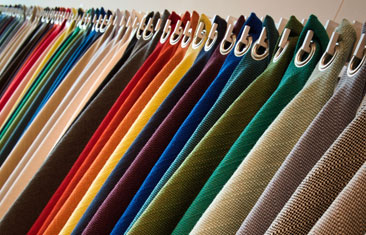MVS Technology: How Birla Cellulose helped Optimize the Yarn Spinning in India
June 16, 2023The Indian textile industry contributes more than two per cent of India's total GDP, employing 4.5 crore people and generating a revenue of $150.5 billion. Yarn spinning is a crucial stage in the textile manufacturing process, and its cost-effectiveness plays a vital role in the industry's overall profitability. Birla Cellulose, the pulp and fibre business of the Aditya Birla Group, is the biggest viscose producer in India with a core focus on sustainability & innovation. In addition to sustained investments in developing varied viscose fibres & blends, they are actively involved in partnering with the textile value chain for technical development & business development. One such success story is their quest to improve the efficiency of machinery employed in spinning mills.
Vortex spinning or MVS is the newest air jet spinning method that creates a vortex of highly rotating air flow using multiple air nozzles to form a yarn with properties similar to ring spun yarn. This technology has emerged as a game-changer in the Indian yarn spinning industry, offering a highly efficient and cost-effective method of converting fibre to yarn. The MVS technology's techno-economic viability has made it the preferred spinning system, especially for Viscose Staple Fibre (VSF) yarn, that's increasingly seen as a superior alternative to traditional fibres. MVS adoption in India, is fast growing with 616 currently installed machines and a 10-year CAGR of 25%. 83% of the machines are dedicated to viscose, with an output of 700 Tons Per Day (TPD).
However, the textile market is majorly dominated by traditional fibres and Birla Cellulose recognized the need to identify and address the challenges faced by MVS based mills to stay competitive on costs & productivity.
Challenge 1: Production of soft-waste
One of the significant challenges faced by MVS spinning mills is the production of soft waste, which is a by-product of the spinning process. Soft waste refers to fibre that cannot be reused in the spinning process and is sold outside at a much lower price than yarn. To address this challenge, Birla Cellulose conducted multiple trials with differing MVS feed ratio from 0.98 to 0.99-1.005 and establishing benchmark levels for optimal outputs. This combined with training the staff on work practices helped reduce the waste up to 44%.
Challenge 2: Idle Spindle time
Lower productivity is another area where MVS spinning mills face significant challenges. The spindle idle time was found to be higher, resulting in lower production than the benchmark. By conducting trainings with standard operating procedures, event charts, and training to floor-level operators, the Birla Cellulose team helped significantly reduce the spindle idle time. This resulted in increasing the average productivity by up to 4%
Challenge 3: Power consumption:
Another key challenge faced by the MVS spinning process is the high power consumption and its cost. Power consumption, accounts for 35%-45% of the total production cost from fibre to yarn. The solution was found in reducing the MVS waste suction blower motor speed, resulting in arresting suction leakage, reducing twisting pressure, and compressor output pressure. This reduction led to a reduction in power consumption by up to 20%.
Costs savings at mills

*The above figures are based on actual studies and measures implemented for the respective customers. The output will vary depending on the operating environment for each machine and cannot be held as overall results.
**All Savings are in INR Lacs per annum.
These improvements were achieved with Birla Cellulose's consistent efforts and a strong intent from partners to enhance the productivity. Birla Cellulose, as a responsible fibre manufacturer, is engaged in multiple such efforts across the textile value chain and hopes to create many such success stories.
To know more visit: www.birlacellulose.com











